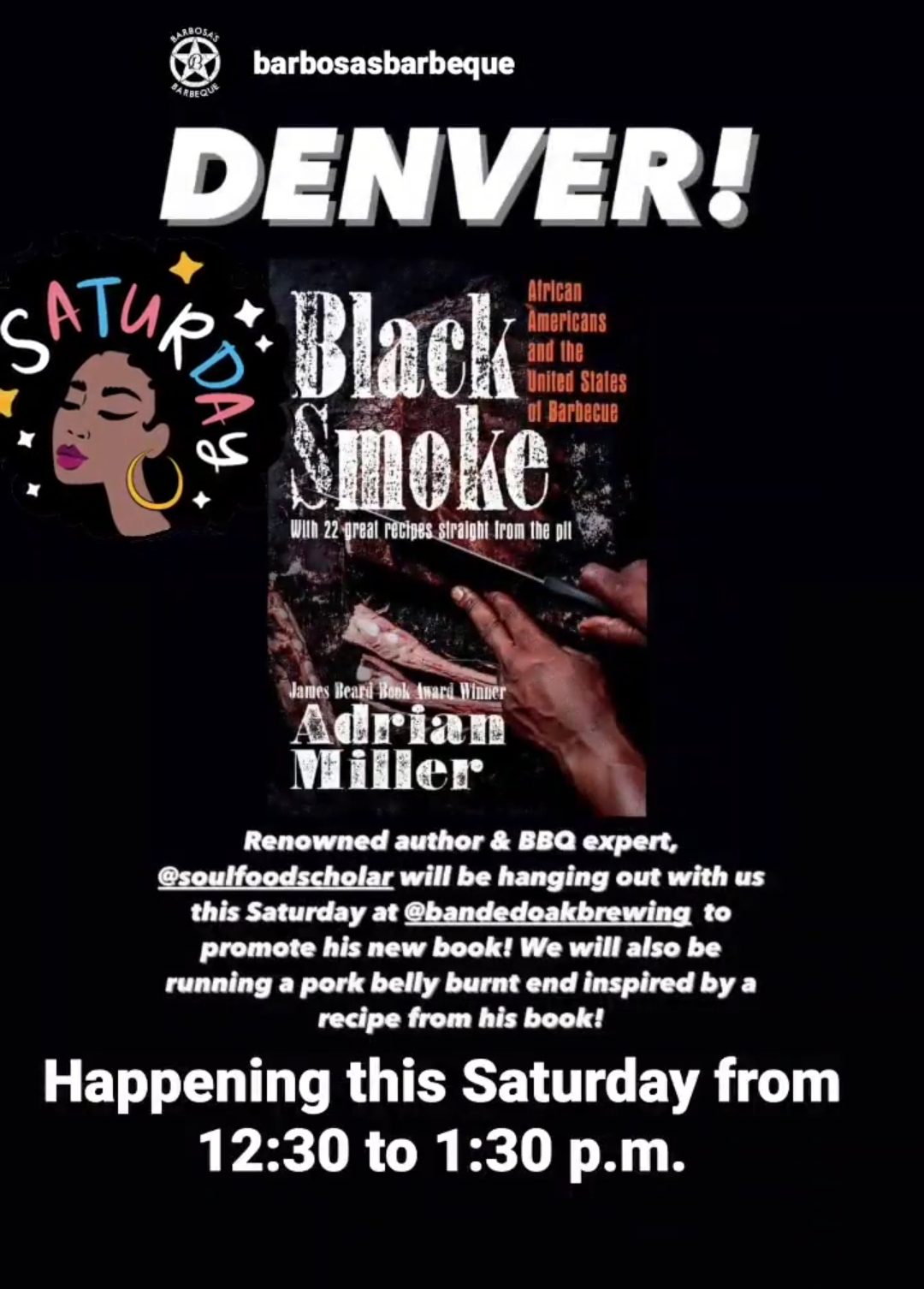
Throughout the book, Miller intersperses profiles of some of the people who have been instrumental in the development of what has become one of America’s most widely celebrated foodways. Photo by Harper's Weekly / Illustration by Tom Bachtell/Bon Appetit 9, 1895, left, and “Who’s Who in American Barbecue,” Bon Appetit, July 2003. It was also important for him to highlight the Indigenous foundations of barbecue, and the fact that this much-loved American cuisine was a collaborative development: “It was the Americas, Western Africa and Western Europe all coming together to create a certain thing.” African American barbecuers in action, Harper’s Weekly, Nov. He contrasts this image with another he features in the book, “Who’s Who in American Barbecue” from Bon Appétit, July 2003. Two men are turning the meat, another is shovelling coals, two others are rehearsing for after-barbecue entertainment, and another is making side dishes in two large cast-iron kettles. Miller refers to an image he includes in Black Smoke of African American barbecuers at work, which was published in Harper’s Weekly on Nov. In Black Smoke, he notes food media’s preference for “four types of White Guys Who Barbecue” - the Urban Hipster, the Rural Bubba, the fine-dining chef, and hybrids of the above - which wasn’t the case prior to the 1990s. is the first cookbook by a Black pitmaster to be published in 30 years, Miller says. Rodney Scott’s World of BBQ (Clarkson Potter, 2021) - formerly of the aforementioned Scott’s Bar-B-Que in Hemingway, and co-owner of Rodney Scott’s Whole Hog BBQ in Charleston, S.C., Birmingham, Ala. But he soon realized that barbecue warranted its own thorough examination. While writing his first book, Soul Food: The Surprising Story of an American Cuisine One Plate at a Time (The University of North Carolina Press, 2013), Miller considered including a chapter on barbecue, since it’s common for soul food restaurants to offer barbecue options, and so many Black-owned barbecue spots have soul food sides on the menu. Photo by Paul Miller/University of North Carolina Press

Black Smoke is James Beard Award-winning author, attorney and certified barbecue judge Adrian Miller’s third book. Compelled to dig deeper, Miller became a certified barbecue judge with the Kansas City Barbeque Society in 2004: “Best conversation starter I’ve ever had,” he says and this is coming from someone who once worked in the White House as a special assistant to U.S.

in 2002 that he saw it as having meaning in the broader context. It wasn’t until he attended a “life-changing” Southern Foodways Alliance barbecue excursion in Austin, Tex. Growing up in Denver, Colo., Miller only ate barbecue at home or at church events.


This advertisement has not loaded yet, but your article continues below. Manage Print Subscription / Tax Receipt.


 0 kommentar(er)
0 kommentar(er)
